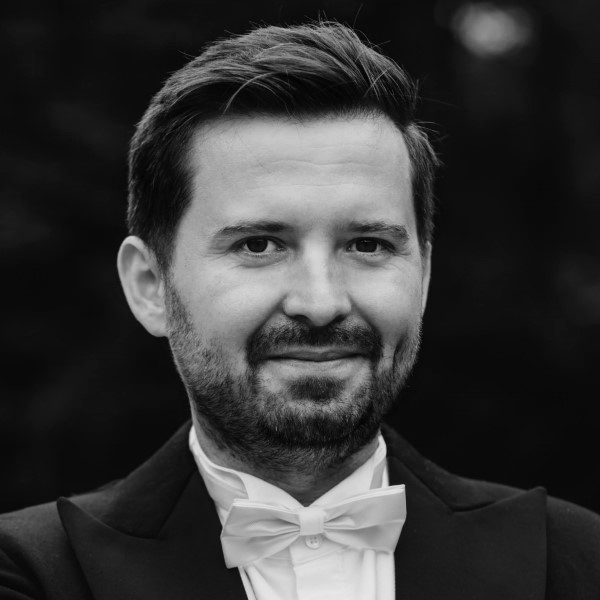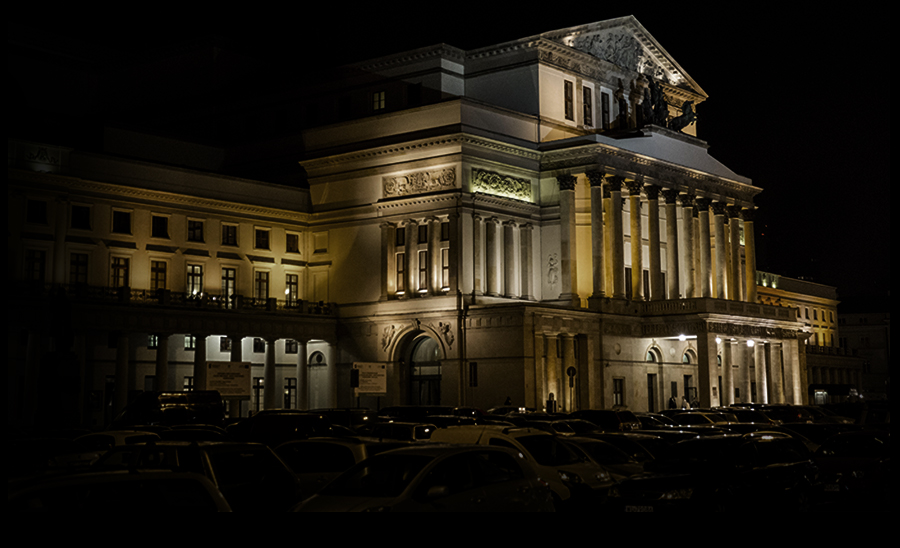Fidelio
Ludwig van Beethoven
-
Time is measured by
-
 <iframe width="186" height="186" border="0" src="http://test.horsefield.pl/hf/zegar/" allowfullscreen frameborder="0"></iframe><script> window.onload = function() { scaleClock(); }; window.onresize = function() { scaleClock(); }; scaleClock = function() { parentWidth = $('#arclockDiv').width(); scale = (parentWidth) / $('#arclock').width(); new_width = $('#arclock').width() * scale; $('#arclock').css('transform', ' scale(' + scale + ')'); $('#arclock').css('left', 'calc(186px * ' + (scale - 1) / 2 + ')'); $('#arclock').css('top', 'calc(186px * ' + (scale - 1) / 2 + ')'); } </script>
<iframe width="186" height="186" border="0" src="http://test.horsefield.pl/hf/zegar/" allowfullscreen frameborder="0"></iframe><script> window.onload = function() { scaleClock(); }; window.onresize = function() { scaleClock(); }; scaleClock = function() { parentWidth = $('#arclockDiv').width(); scale = (parentWidth) / $('#arclock').width(); new_width = $('#arclock').width() * scale; $('#arclock').css('transform', ' scale(' + scale + ')'); $('#arclock').css('left', 'calc(186px * ' + (scale - 1) / 2 + ')'); $('#arclock').css('top', 'calc(186px * ' + (scale - 1) / 2 + ')'); } </script>
Cast
Credits
Opera in two acts
Libretto: Joseph Sonnleithner, Stephan von Breuning, Georg Friedrich Treitschke
World premiere: 20 November 1805, Theater an der Wien (initial version), 23 May 1814, Karntnertor Theater (final version)
Polish premiere of this production: 23 June 2021, Polish National Opera, Teatr Wielki, Warsaw
A co-production with: Royal Danish Theatre, Copenhagen; Nederlandse Reisopera, Enschede
In the original German with Polish surtitles
Amid revolutionary feeling joyfully manifested by the chorus, Florestan, a man sentenced to death, is freed from prison by his wife, Leonora, who gained admission into the carefully guarded dungeon using subterfuge. Love brings salvation, the tyrant Pizarro is toppled. Fidelio is a timeless hymn to freedom. Beethoven agues that there is no moral or economic value that trumps freedom itself. This is the sense and the essence of the composer’s only opera according to English stage director and Artistic Director of the Royal Danish Opera, John Fulljames, whose production of the piece, created in collaboration with the opera house in Copenhagen and the Nederlandse Reisopera, will be shown in Warsaw. Drawing on this thought, set designer Steffen Aarfing shows that in a country controlled by a despot everyone is a prisoner – the mighty powers-that-be erect walls of inhuman proportions turning ordinary people into fragile figurines.
Beethoven believed in the fall of monarchic tyrannies. He looked with hope in the direction of France, where in his young days a great revolution had broken out heralding the end of political subjugation. He also admired the heroic French leader Napoleon Bonaparte until the latter had not crowned himself the emperor of the French. The composer detested one-man rule and censorship – he was a democrat through-an-through, the first liberated artist in the history of music, whose life motto was to get as much money as possible from his aristocratic admirers, but never bend to them.
Preparing to write an opera, he went through dozens of libretto materials, but only one play caught his fancy: Leonor, or marital love by Jean-Nicolas Bouilly, in which justice triumphs over despotism and fidelity overcomes all obstacles. As music theoretician Theodor W. Adorno wrote: Rather than portraying the act of revolution in this work, Beethoven recreates it on stage like the Holy Mass.
Ironically, the author of Fidelio never experienced the marital love he celebrated so much. To boot, his freedom-themed opera premiered in Vienna in 1805 after the city had been conquered by Bonaparte, whose sole motivation at that time was to expand his empire. In Fidelio the hope for a divine intervention is fulfilled. After the French Revolution, a new opera genre emerged, known as rescue opera or Schrecken und Rettungsoper in German, of which Fidelio is an example. ‘There is a Providence over all,’ Leonore tells her husband before he recognises her in a man’s disguise. In the opera’s finale, a ‘minister’ strips Pizarro of his power, which he abused filling state prisons to the brim. An unexpected rescue has come. One may ask: What is the deus ex machina in our day and age? In the 21st century we find ourselves unable to share Beethoven’s certainty that wrongdoers will be punished and tyrants toppled one and for all. We know that those in power will not hesitate to abuse it and shall not give it up for sure.
Synopsis
Sponsors
-
Więcej wydarzeń ze świata muzyki klasycznej w aplikacji ONSTAGE
-
Partnerzy Akademii Operowej
-
Partnerzy Teatru Wielkiego - Opery Narodowej
-
Partner technologiczny
-
Check out more classical music events through the Onstage app.
-
Patroni medialni
-
Partners of the Opera Academy
-
Partners of Teatr Wielki – Polish National Opera
-
Technological partner
-
Media patrons






 Daniel Sutin
Daniel Sutin  Krzysztof Szumański
Krzysztof Szumański  Torsten Kerl
Torsten Kerl  Ann Petersen
Ann Petersen  Krzysztof Borysiewicz
Krzysztof Borysiewicz  Emil Ławecki
Emil Ławecki  Maria Stasiak
Maria Stasiak  John Fulljames
John Fulljames  Steffen Aarfing
Steffen Aarfing  Lee Curran
Lee Curran ![[Translate to English:]](/fileadmin/media/img/ludzie/dyrygenci/patrick_fournilier_fot_arch_artysty_-_kwadrat.jpg) Patrick Fournillier
Patrick Fournillier  Mirosław Janowski
Mirosław Janowski 






 ''
''